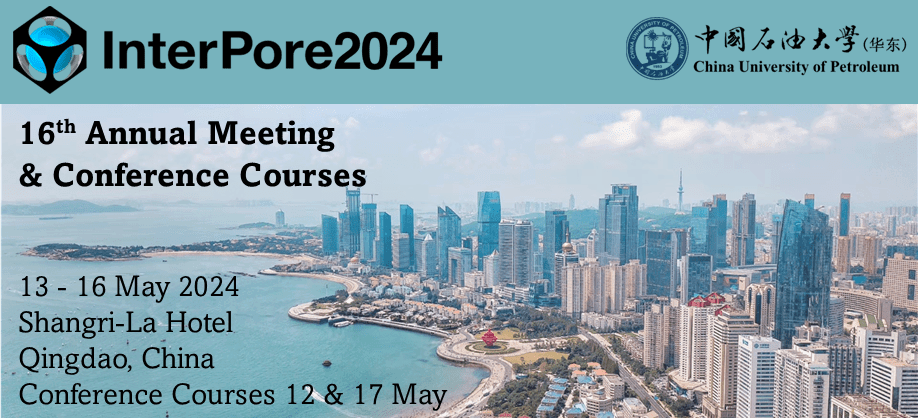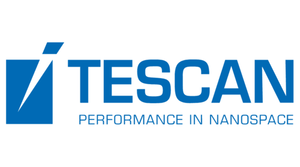Speaker
Description
Active nanofluids are colloidal systems composed of water-based active nanoparticles, garnering significant attention for their outstanding performance in enhancing the recovery efficiency of ultra-low permeability oil reservoirs. Currently, the mechanisms underlying the adsorption and oil film detachment at the oil-water interface by active nanoparticles remain unclear. Simultaneously, the lack of precise and efficient methods for the design and performance prediction of nanoparticle materials constitutes the core issue inhibiting the enhanced oil recovery potential of active nanofluids.. This study aims to dissect the behavioral rules of active nanoparticles at the oil-water interface and establish a predictive model for the interface-regulating performance of nanoparticles.
Conducted molecular dynamics simulations to investigate the adsorption and oil film detachment rules of active nanoparticles at the oil-water interface, introducing the binding energy ratio for the evaluation of adsorption contact angles. Concurrently examined the influence of different oil phase components on the regulatory rules of nanoparticle behavior at the interface and established a quantitative relationship between adsorption contact angles and oil film detachment effects. Utilizing the aforementioned simulation methodology, constructed a database of nanoparticle-regulated oil-water interface samples. Subsequently, trained an artificial neural network model, establishing a machine learning-based predictive model for the interface-regulating performance of nanoparticles.
The simulation results dissected the regularities of adsorption and oil film detachment of active nanoparticles at the oil-water interface, offering guidance for the design of active nanoparticles. The adsorption and oil-stripping effects were found to increase initially and then exhibit a diminishing trend with the augmentation of alkane chain length and density. Through the training of a neural network on a sample database, a machine learning-based predictive model for the interface-regulating performance of nanoparticles was established. Predictive comparisons with practical examples validated the model's effectiveness and accuracy. The model is designed to investigate and predict the adsorption and oil-stripping effects of active nanoparticles at the oil-water interface.
The primary significance of this study lies in the coupling of molecular dynamics simulations with machine learning, dissecting the behavioral rules of active nanoparticles at the oil-water interface. Simultaneously, it establishes a predictive model for the interface-regulating performance of active nanoparticles. This work is poised to facilitate the application of active nanoparticles in enhancing oil recovery in ultra-low permeability reservoirs, enabling more effective decision-making in oil displacement and recovery strategies.
| Country | China |
|---|---|
| Conference Proceedings | I am interested in having my paper published in the proceedings. |
| Acceptance of the Terms & Conditions | Click here to agree |




.jpg)
